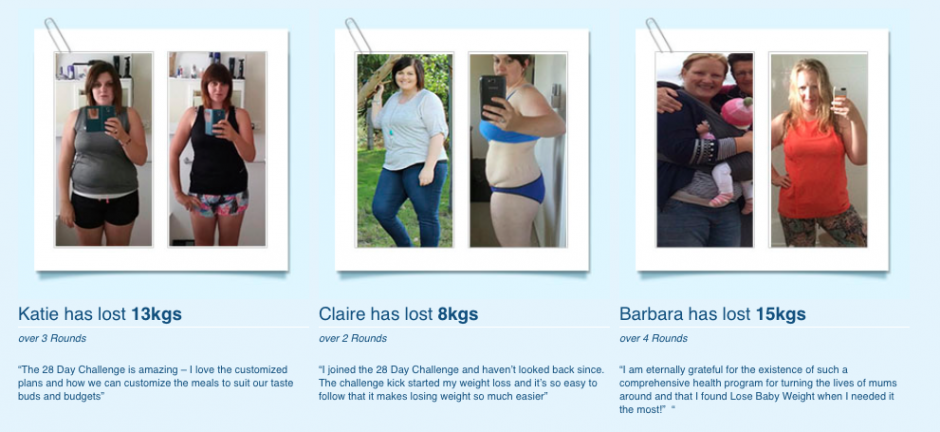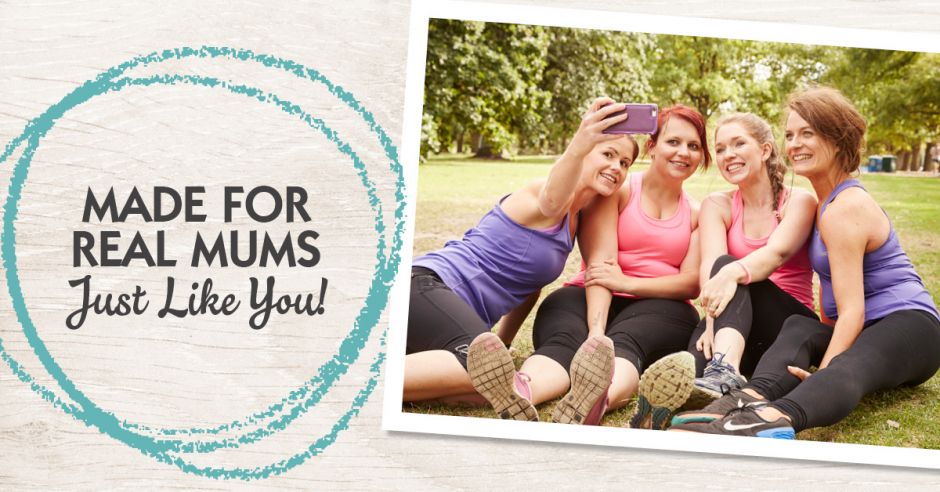If you are following a healthy eating diet plan and focusing on your goal to lose baby weight and you know what are good food choices, it can be frustrating when you have a toddler who is a fussy eater and refusing all your healthy options.
Most toddlers go through a phase of eating a very narrow range of foods. This is a normal part of their development.
However as a parent of a fussy eating toddler, this can be frustrating and very upsetting.
Here are some tips for what nutrients and foods they should be eating;
1) Protein
Protein is especially important for toddlers because protein supports growth and development and we all know toddlers grow so rapidly! It builds bones, muscles, and tissues, keeps your little one’s engine revved throughout the day, it also helps there body fight against infection. Here are a few food choices your toddler can eat to get a good amount of protein into there diet: eggs, chicken, diary products, fish, nut butters, legumes, turkey, wholegrains breads.
2) Carbohydrates
Carbohydrates are the body’s primary source of fuel and we all know our toddlers use a lot of energy, so its important we give them the right fuel for their day.Examples of high-carb foods include milk, yogurt, whole-grain bread, brown rice, whole-grain pasta, fortified whole-grain breakfast cereals, whole-grain crackers, popcorn, fruits, vegetables and legumes. Smaller amounts of carbohydrates are present in peanut butter and hummus.
3) Fruit
Any fruit is good for your toddler, providing essential vitamins and minerals. Fruit also has fibre, which keeps little people regular. To reap the nutritional benefits, aim to eat a variety of fruits like: berries melon, kiwifruit, and oranges apples, banana.
4) Calcium
Milk is an important part of a toddler’s diet, milk provides calcium and vitamin D to help build strong bones. Toddlers should have around 400mls a day depending on age and weight. Whole milk is best to help provide the dietary fats they need for normal growth and brain development. Other foods a toddler can eat to get calcium is cheese, yoghurt, baked beans, tinned salmon, broccoli, tahini.
5) Iron
After 12 months of age, toddlers are at risk for iron deficiency because they no longer drink iron-fortified formula or get it though breast milk if this has stopped. Toddlers should be given iron-fortified cereal as well as other iron-containing foods such as meat, poultry, fish, enriched grains, beans). When serving iron-rich meals, include foods that contain vitamin C (tomatoes, broccoli, oranges, and strawberries), which improve the body’s iron absorption.
6) Omega 3
Omega 3 is important for brain and eye development and function throughout the life stages, but is particularly important during the first 5 years of life and early childhood. Between birth and five years of age, the human brain increases approximately 3.5 times in mass. During this time it is important that children consume adequate amounts of Omega 3’s in their diet to support this period of rapid brain and eye growth and development. You can get these omega 3 in many foods: Salmon,lean meats such as beef, veal and lamb. Also, yogurt, milk, bread, eggs, oeatmeal, spinach, parsley, kale. There is a wide variety of foods containing omega 3!
Just remember when you are dealing with a fussy little eater, try to make positive comments about the food you are eating. You’re a role model for your toddler. If you make positive comments about foods, such as “These are yummy for my tummy!”, your toddler may be more willing to try new foods. Also a child will eat when hungry. If they don’t eat, they are not hungry! Toddlers are less inclined to eat their meals when they fill up on non-nutritious snacks or too many drinks. Toddlers are great imitators – so look at what you eat too. Lastly food fads and food refusal is normal. Don’t make a fuss and don’t stress.
Sarah Michelle Weir
Adv Dip Nutritional Medicine
Nutritionist
If you like our tips and regular advice on healthy eating, why not join our next 28 Day Weight Loss Challenge?
About the 28 Day Challenge
The 28 Day Challenges will provide you with the skills to make the right decisions when it comes to food choices plus support and tips to make food prep, fitting in exercise, staying motivated and reaching your goals really easy.

Here are some of the other key benefits from joining the 28 Day Weight Loss Challenge:
Food & Nutrition
- You will receive 28 Days of easy to make recipes (breakfast, lunch, dinner, snacks and even dessert)
- All recipes are made in under 20 minutes
- Each week comes with personalised weekly shopping list – either in PDF form or mobile version
- Meal plans are fully customisable
- Subscribers will have access to the exclusive challenge 600+ recipe hub
Exercise
- You will receive 28 days of effective interval training exercise plans – all done at home
- Use the online timer to perform all your interval training
- Record your stats in your personal daily tracking exercise board
- All exercises with videos
Motivation
- Do the Challenge with 1,000’s of other mums
- Join the private support group with over 15,000 other mums
- Daily support emails
- Private tracking tools and dashboard
- Contact the team any day for additional help
So get to it and join 1000’s of other mums who want to feel healthier and happier and sign up for the 28 Day Weight Loss Challenge now.

Need to stock up on Healthy Mummy Smoothies? Then see our shop here

